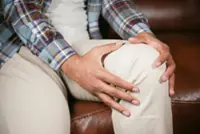For many of us, it may be hard to look the other way from news of the conflict in Ukraine now, despite being thousands of miles away from the scene.
Some of us may know of Malaysians having to terminate their studies or jobs to escape from being caught in the war.





